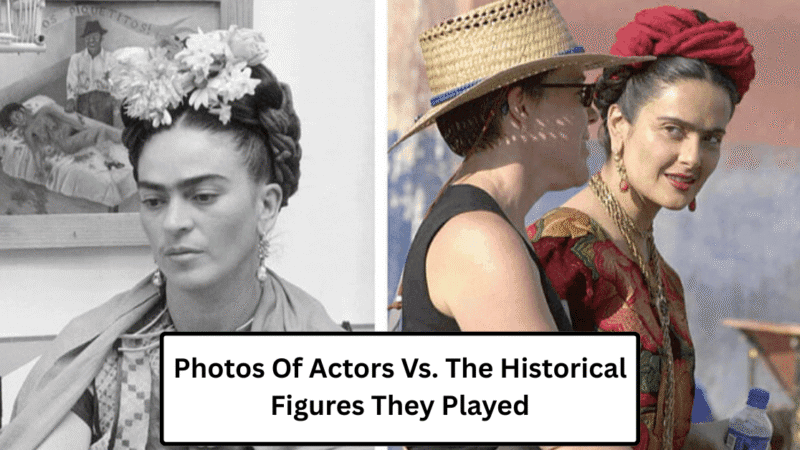How Social Media Is Shaping the Future of Entertainment
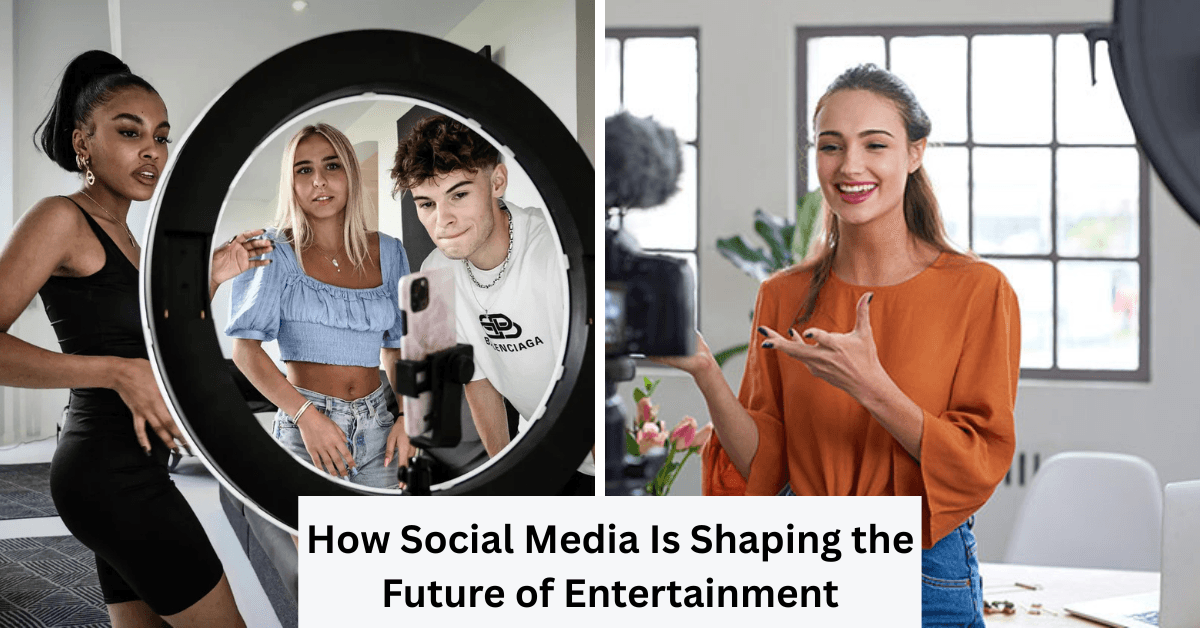
Social media has revolutionized the way we consume, create, and interact with entertainment. Whether you are a social media girl sharing your latest looks or an influencer using platforms like Instagram and TikTok, social media shapes how content spreads. From viral TikTok trends to live-streamed concerts, the entertainment industry is evolving rapidly. Traditional TV, movies, and music distribution have shifted towards social media platforms, where engagement and virality play a crucial role in content success.
In this article, we’ll explore how social media is shaping the future of entertainment, highlighting key trends and changes that are redefining the industry.
The Rise of Social Media Platforms as Entertainment Hubs
TikTok and Short-Form Video Domination
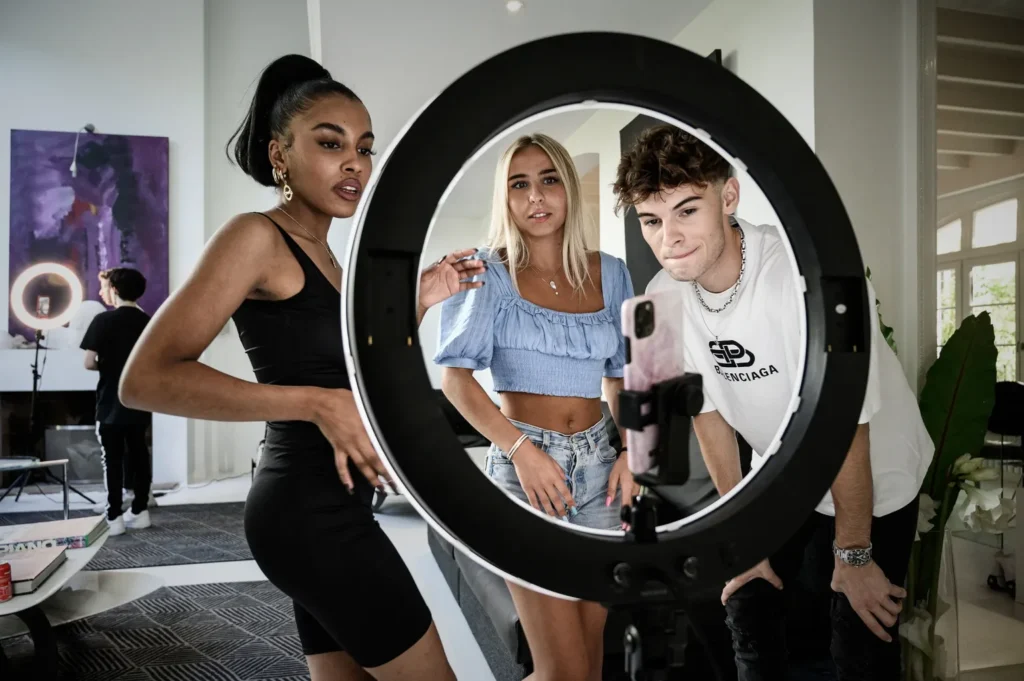
TikTok has transformed entertainment with its short, engaging videos. The platform has catapulted unknown creators into viral sensations overnight, allowing users to become influencers, musicians, and comedians without traditional industry backing.
- Example: Many music artists, like Lil Nas X, gained fame through TikTok trends and challenges.
- Impact: Traditional media is adapting by incorporating short-form content strategies into their marketing.
Live Streaming and Real-Time Engagement

Platforms like YouTube Live, Twitch, fuel direct connections between creators and audiences. Is YouTube social media? Yes—because its community and interaction features make it a massive social platform, especially for live entertainment. Live streaming allows for real-time interaction between creators and audiences, making entertainment more immersive and personal.
- Example: Esports tournaments attract millions of live viewers, rivaling traditional sports events.
- Impact: Live content offers an alternative to pre-recorded television, giving viewers more control over their entertainment.
Instagram and Influencer Culture

Instagram has given rise to a new breed of celebrities—social media influencers. These individuals shape trends, endorse products, and create engaging content that rivals traditional media.
- Example: Influencers like Kylie Jenner use Instagram to launch beauty brands, generating millions in sales.
- Impact: Traditional advertising is shifting towards influencer partnerships for better audience engagement.
The Shift from Traditional to Digital Media
Decline of Traditional TV and Rise of Streaming Services

Social media platforms drive social media lawsuits too, as legal challenges rise around content ownership, copyright, and privacy, showing how seriously companies take their evolving influence. Traditional television networks are losing viewership to digital streaming services like Netflix, Disney+, and YouTube. Social media plays a crucial role in promoting these platforms and driving content discovery.
- Example: Social media buzz around shows like “Squid Game” contributed to their global success.
- Impact: Streaming services use social media analytics to decide what content to produce next.
User-Generated Content Is Redefining Entertainment

Social media has empowered users to create their own content, blurring the line between consumers and creators. Platforms like YouTube, TikTok, and Snapchat allow anyone to be an entertainer.
- Example: YouTube vloggers have built massive audiences, sometimes rivaling traditional media companies.
- Impact: Brands and advertisers are shifting their focus to user-generated content (UGC) for marketing.
The Role of AI and Algorithms in Entertainment
Personalized Content Recommendations

Social media platforms use advanced algorithms to recommend content based on user preferences, keeping audiences engaged longer. Want to find social media by phone number? New tools and apps allow quick discovery of linked profiles, useful for personal or investigative reasons.
- Example: TikTok’s “For You” page curates videos based on user interactions.
- Impact: Entertainment consumption is becoming more personalized, leading to higher engagement.
AI-Generated Content and Virtual Influencers

Artificial intelligence is now capable of creating digital influencers and AI-generated music, art, and scripts.
- Example: Virtual influencers like Lil Miquela have millions of followers and brand partnerships.
- Impact: AI is changing how entertainment is produced, consumed, and monetized.
The Future of Entertainment in the Social Media Era
Metaverse and Virtual Reality (VR) Entertainment
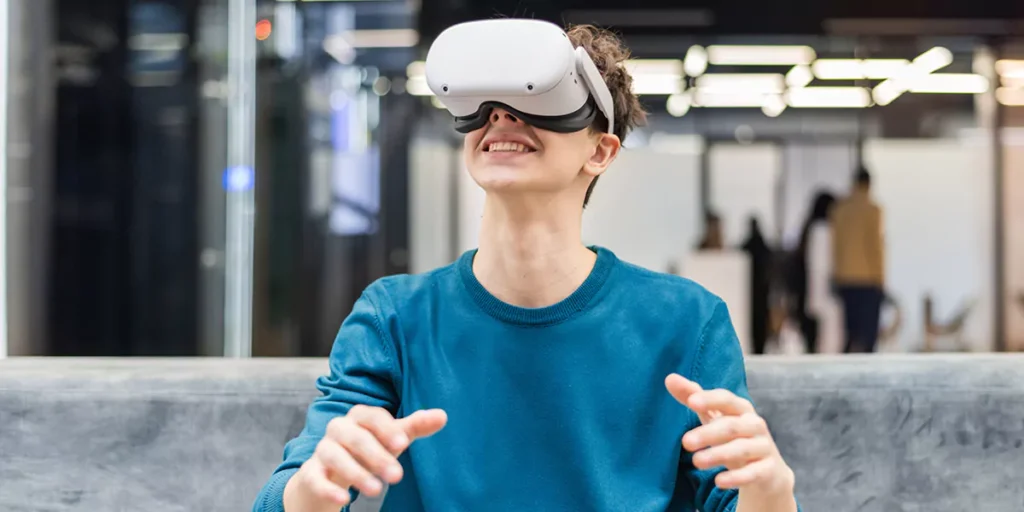
Social media companies are investing in the metaverse, where users can interact in digital spaces for concerts, gaming, and social gatherings.
- Example: Fortnite hosted virtual concerts featuring artists like Travis Scott.
- Impact: The metaverse could become the next big entertainment platform.
Blockchain and NFTs in Entertainment
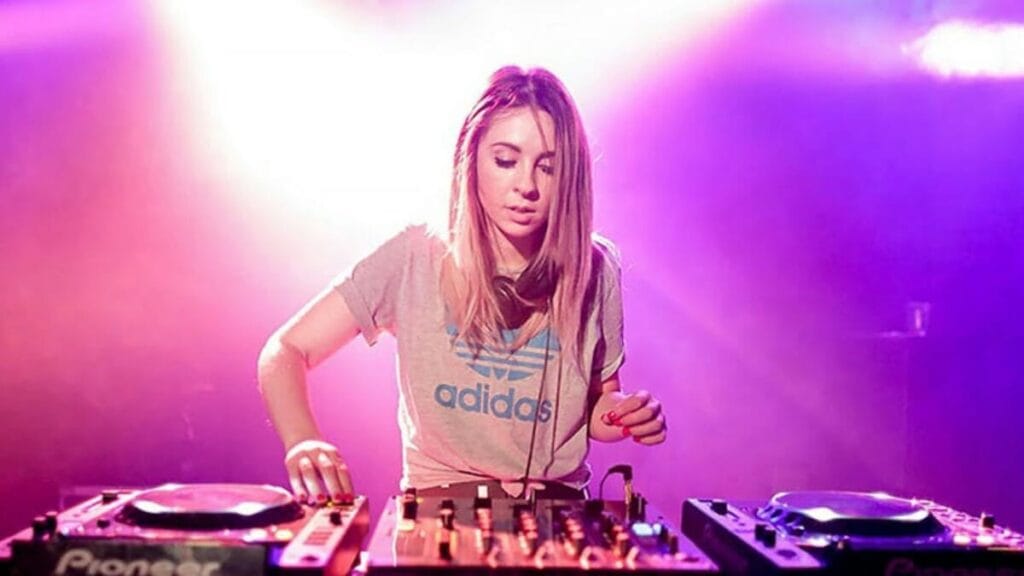
Blockchain technology and non-fungible tokens (NFTs) are changing digital ownership in entertainment. Artists and creators can sell exclusive digital content directly to fans.
- Example: Musicians like Kings of Leon released NFT albums, giving fans exclusive perks.
- Impact: NFTs create new revenue streams for entertainers.
Social Media and Crowdsourced Content

With the rise of platforms like Reddit, Twitter, and TikTok, entertainment is increasingly driven by crowd participation. Memes, fan theories, and user-driven trends shape what becomes popular.
- Example: Shows like “Stranger Things” incorporate viral internet discussions into their marketing.
- Impact: Creators leverage audience engagement to guide content creation.
Augmented Reality (AR) and Interactive Entertainment
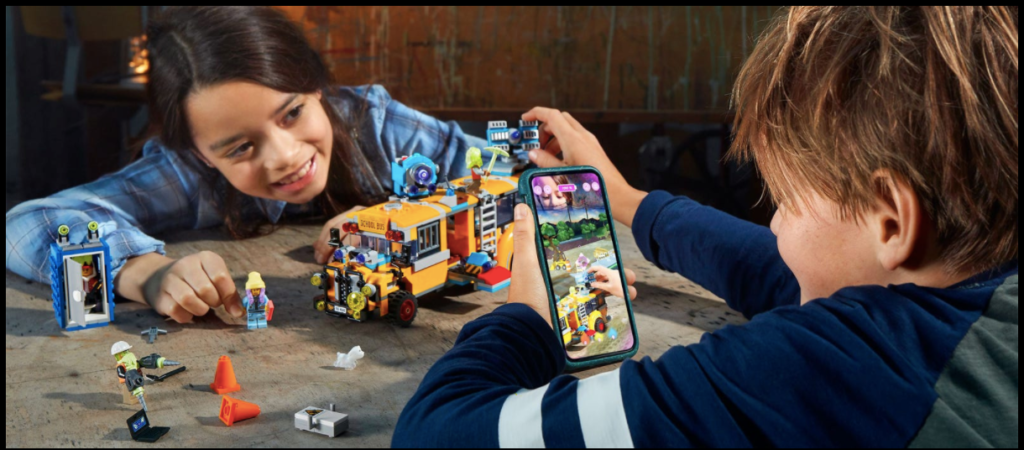
AR technology is enhancing how audiences engage with entertainment. Platforms like Snapchat and Instagram use AR filters to create immersive content experiences.
- Example: Pokémon GO became a global phenomenon by merging AR with gaming.
- Impact: AR entertainment creates deeper user engagement and interactive experiences.
The Democratization of Content Creation

Social media has removed traditional gatekeepers, allowing anyone with a smartphone to become a content creator. Aspiring filmmakers, musicians, and comedians no longer need industry connections to find an audience.
- Example: Independent artists gain massive followings on platforms like SoundCloud and TikTok.
- Impact: The entertainment industry is more inclusive, with diverse voices reaching global audiences.
Social media is redefining entertainment as we know it. From short-form videos to virtual concerts, the industry is evolving rapidly, driven by technology and user engagement. Traditional entertainment formats are giving way to digital-first experiences, where audiences have more control than ever before.
As social media continues to shape the future, staying updated on emerging trends will be crucial for content creators, marketers, and entertainment businesses.
